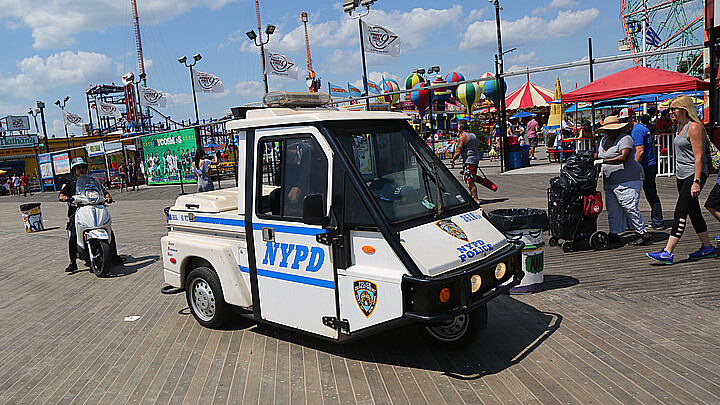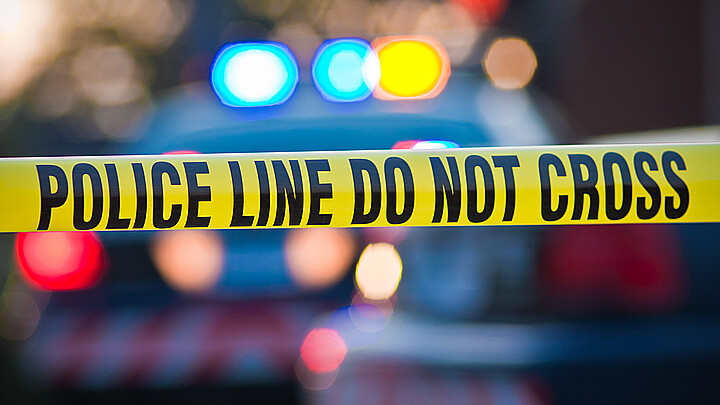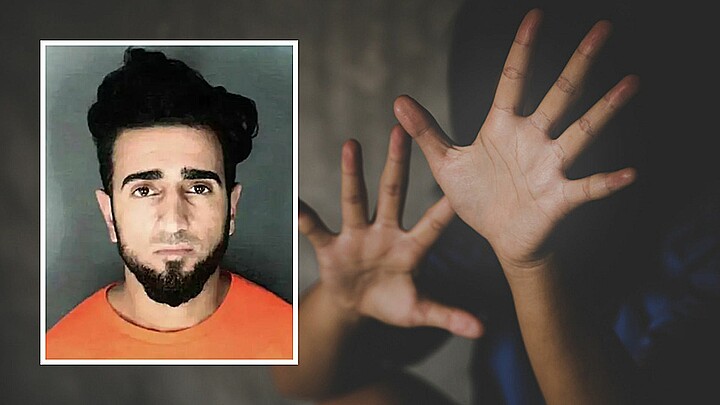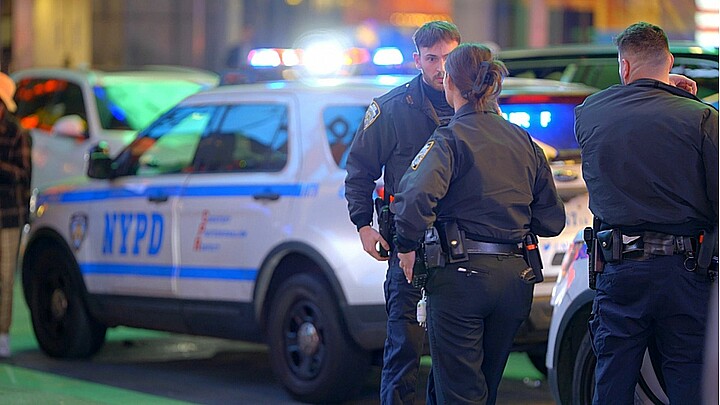Crime
Manhattan grand jury probing Trump will take month long break, says report
The break was reportedly planned ahead to coincide with Manhattan's school Spring Break in April, but onlookers are getting anxious
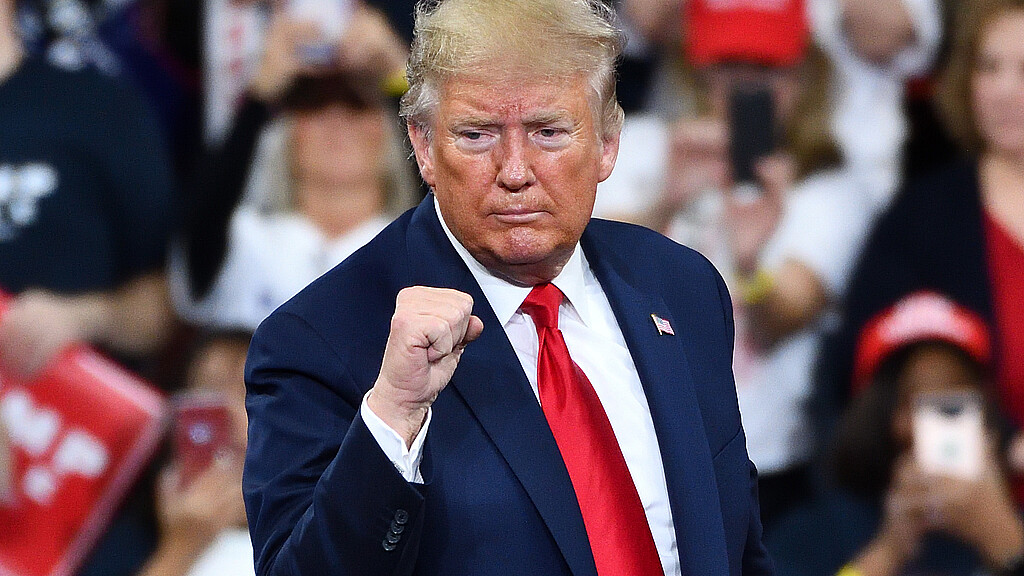
March 29, 2023 1:33pm
Updated: March 29, 2023 1:33pm
The Manhattan grand jury hearing evidence about former President Trump’s purported role in the Stormy Daniels “hush money” case will recess for a month, according to a report published by The New York Post.
The pause will take place during the borough’s week long Spring Break Recess during April, and was purportedly pre-planned, according to a source cited by the Post.
Even so, the break may be perceived differently by the public that has been waiting on pins and needles to see if Manhattan District Attorney Alvin Bragg will change the course of U.S. history by being the first prosecutor to indict a former American president.
That anticipation will not be relieved any time soon, however, as the recess will delay any possible indictment or decision from the grand jury.
The Manhattan grand jury has been examining the possibility that Trump, 76, collaborated with his former lawyer, Michael Cohen, to pay off adult star Stormy Daniels a sum of $130,000 days before the 2016 presidential election.
Manhattan prosecutors have alleged the payment was designed to hush Daniels about an alleged affair she says she shared with the globally known CEO in 2006.
On Monday, former National Enquirer publisher David Pecker, a longtime Trump ally based in South Florida, testified.
Pecker met with Cohen in August 2015 and purportedly said he would use his connections to suppress stories about the president’s alleged past extramarital affairs.
It is unknown what Pecker told the grand jury since such proceedings are required under law to remain secretive.
When prosecutors conclude presenting their evidence, they will ask the grand jury to vote as to whether or not there is enough evidence for them to file charges and present a case before a real jury in a Manhattan criminal proceeding.

